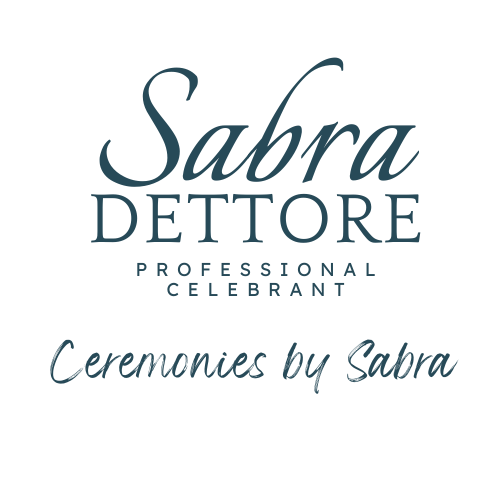
Mobile notary public
In addition to my Celebrant services, I am also a Mobile Notary based in Brandon Twp., Michigan.
The Notary Near Me
I offer mobile notary services in Brandon Twp. and surrounding areas.
Tell me where and I'll be there! Appointments are required.
** Valid ID and mental competency essential **
-
A notary public's sole responsibility is to make sure that the person in their presence is the person they have identified with satisfactory evidence as the signee of the document.
-
Documents are notarized to ensure proper execution and deter fraud. The notary public is responsible ensure that the signer has appeared before them and have produced proper identification. The notary oversees the signing to ensure the documents are signed correctly. The notary makes sure that the signer is entering into the agreement knowingly and willingly.
-
All signers are required to have the following information prior to the notarization appointment;
Signers are required to have a valid (non-expired) state or federally issued picture ID (State issued ID, drivers license, military ID or passport).
Signer must understand what type of notarial act they require.
-
A Michigan notary public is not allowed to notarize the following documents:
Naturalization forms/certificates - These are federal documents and are not to be copied.
Michigan vital records - Birth, Death, Marriage and Divorce
Photocopy or original vital records from other states which are NOT True Copies
-
The purpose of a jurat is for a signer to swear or affirm that the contents of a document are true. Depending on the jurisdiction, it also can be known as an affidavit or a verification on oath or affirmation.
For a jurat, the signer must personally appear before you and sign the document in your presence. You must then administer an oath or affirmation and have the signer speak aloud his or her promise that the statements in the document are true. The choice between an oath or affirmation should be made by the signer.
Jurat notarizations are required for transactions where the signer must attest to the content of the document, such as all affidavits and pleadings in court. It is a certification on an affidavit declaring when, where and before whom it was sworn. In executing a jurat, a notary guarantees that the signer personally appeared before the notary, was given an oath or affirmation by the notary attesting to the truthfulness of the document and signed the document in the notary's presence. It is always important that the notary positively identify a signer for a jurat, as s/he is certifying that the signer attested to the truthfulness of the document contents under penalty of perjury. However, jurat notarizations do not prove a document is true, legal, valid or enforceable.
Administering the oath or affirmation is a vital part of performing a jurat or verification because the signer is affirming that the contents of the document are true, and he or she may be prosecuted for perjury if the contents are not true.
-
Unlike a jurat (which requires a sworn oath), an acknowledgment is to merely confirm the identity of the document signer and acknowledge that they signed the document. If the document was signed outside the notary's presence, the document signer must make a personal appearance before the notary to confirm it is their signature prior to the document being notarized. Again, there is no exception to the requirement of a personal appearance before the notary.
The acknowledgment notarization is not part of the document, and it does not affect its validity. Typically, they are executed on deeds and other documents that will be publicly recorded by a county official.
-
A notary may need to administer an oath or affirmation orally, rather than as part of a jurat, affidavit or another written document. The purpose of administering a verbal oath or affirmation is, again, to compel a client to truthfulness.
An oath is a solemn pledge to a Supreme Being. An affirmation is a solemn pledge on the individual's personal honor. Again, the choice should be made by the signer.
While both oaths and affirmations are notarial acts that compel a person to tell the truth, an oath is a solemn, spoken pledge to God or a Supreme Being, while an affirmation is a spoken pledge made on the signer’s personal honor with no reference to a higher power. Either is considered acceptable, and the choice is left to the signer.
Fees
The MiLONA provides that a Notary may charge up to $10.00 for performing each notarial act. Additional fees for travel may be negotiated between the Notary and the client prior to the commencement of the travel.
The total of all fees including multiple notarizations and travel should be disclosed and agreed to before performing any notarization transaction.


